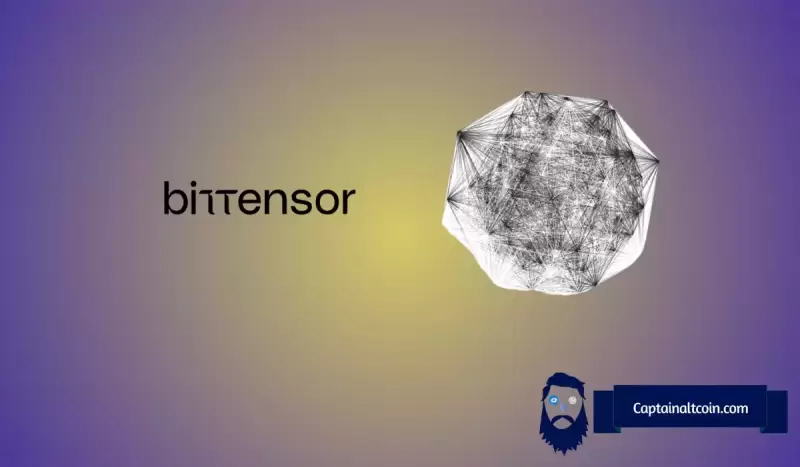 |
|
 |
|
 |
|
 |
|
 |
|
 |
|
 |
|
 |
|
 |
|
 |
|
 |
|
 |
|
 |
|
 |
|
 |
|
Cryptocurrency News Articles
Pre-Trial Injunctions: A Grave Threat to Free Speech and Public Discourse
Mar 27, 2024 at 04:12 pm
The Supreme Court of India has stressed the importance of protecting freedom of speech and the public's right to know when considering pre-trial injunctions against media publications. The court emphasized that such injunctions must not be granted lightly, as they can effectively suppress speech before allegations have been proven. In a recent case involving an alleged defamatory article, the court set aside a lower court's order directing the removal of the article, balancing the right to free speech with the need to protect reputation and privacy.

Is Pre-Trial Injunctions the Death Knell for Free Speech?
The Supreme Court of India has raised a poignant question: do pre-trial injunctions against the publication of articles pose a grave threat to the fundamental rights of freedom of speech and the public's right to information?
Injunctions as a Sword of Damocles
The Court's bench, led by Chief Justice of India D.Y. Chandrachud, expressed concern that the granting of interim injunctions before a trial commences can effectively silence the publication of material, effectively acting as a "death sentence" for the intended content. This occurs even before the veracity of the allegations has been established.
Courts as Guardians of Public Discourse
The Court emphasized the delicate balance in which courts must tread when considering injunctions that restrict the publication of media articles. It cautioned against granting such orders without first establishing that the contested content is "malicious" or "patently false."
Chilling Effect on Public Debate
The bench warned that the cavalier granting of interim injunctions before trial can have a chilling effect on public debate. It reasoned that such orders effectively prevent the dissemination of diverse perspectives and stifle the exchange of ideas.
Balancing Rights
In cases involving defamation by media platforms or journalists, the Court stressed the need to strike a balance between the fundamental right to free speech and the rights to reputation and privacy. This delicate equilibrium requires careful consideration, especially in the context of pretrial interim injunctions.
Cautionary Approach
The Court emphasized that ex-parte injunctions, granted without notice to the respondent, should only be granted in exceptional circumstances where the respondent's defense would undoubtedly fail at trial. In all other cases, injunctions against the publication of material should be granted only after a thorough trial or, in exceptional cases, after the respondent has had an opportunity to present their case.
Journalistic Immunity
The Court recognized the constitutional mandate to protect journalistic expression. It warned that courts must exercise caution when granting pre-trial interim injunctions that could unduly restrict the dissemination of news and information.
Bloomberg's Case in Point
The Court's observations came in response to a plea by Bloomberg challenging a Delhi High Court order that upheld a trial court's directive to remove an allegedly defamatory article from its website. Bloomberg's contention was that the trial court had failed to establish the malicious or false nature of the contested content.
Trial Court's Rationale
The trial court had ruled that Zee Entertainment Enterprises Limited (ZEEL), the subject of Bloomberg's article, had established a "prima facie case" for an interim injunction, arguing that the balance of convenience favored ZEEL and that irreparable harm could result if the injunction were not granted.
Future Considerations
The Supreme Court's guidance provides a framework for lower courts to navigate the complex terrain of pre-trial injunctions against the publication of media articles. It underscores the need for judges to carefully weigh the potential chilling effect on free speech and public discourse against the interests of individuals seeking to protect their reputation and privacy.
Disclaimer:info@kdj.com
The information provided is not trading advice. kdj.com does not assume any responsibility for any investments made based on the information provided in this article. Cryptocurrencies are highly volatile and it is highly recommended that you invest with caution after thorough research!
If you believe that the content used on this website infringes your copyright, please contact us immediately (info@kdj.com) and we will delete it promptly.
-

-

-

-

- Bittensor (TAO) Finally Breaks Out: Is This the Start of a Major Upside Move?
- Apr 12, 2025 at 07:55 am
- The Bittensor token has shown promising technical signals as it completes a bullish reversal pattern. With key resistance levels now broken, TAO appears poised for significant upward movement in the coming days. By Rakesh Sharma.
-

-

- TLGY Moves Toward $100M ENA Token Deal With Ethena
- Apr 12, 2025 at 07:50 am
- In a strategic push into crypto infrastructure, Cayman Islands-based SPAC TLGY has signed a non-binding letter of intent with the Ethena Foundation to acquire a validator business and potentially buy up to $100 million in ENA tokens.
-

- Global crypto exchange Binance opened spot trading for ONDO, BIGTIME, and VIRTUAL today, April 11, at 14:00 UTC.
- Apr 12, 2025 at 07:45 am
- This action moves the tokens from Binance Alpha to the main Spot Market, though “Seed Tags” will be attached reflecting their newer status and associated risk factors.
-

-






























































